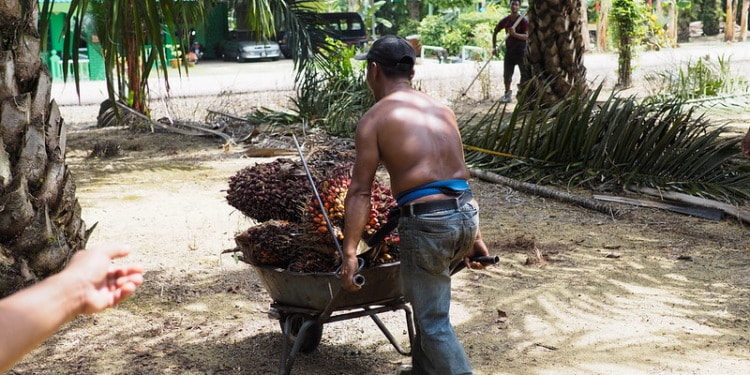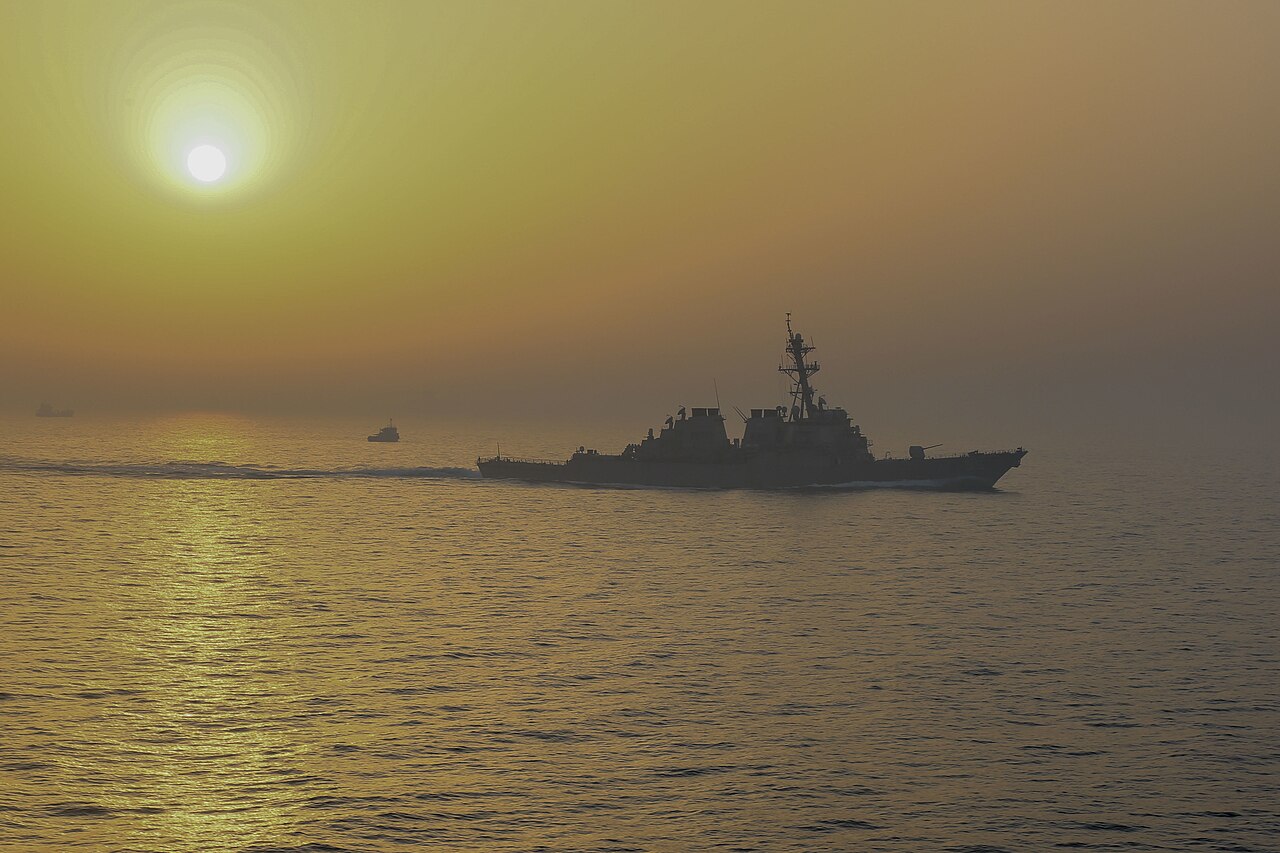Last week, President of Indonesia Joko Widodo announced Indonesia would start restricting exports of palm oil due to severe shortages and high prices of edible oil — a decision that could make the already global food crisis exponentially worse.
Indonesia is the world’s biggest producer of palm oil, accounting for 60% of the global supply share.
Along with the announcement to ban exports, Widodo stated the ban would continue until local demand was met and prices stabilized.
Why is palm oil so important?
Grown only in tropical conditions, oil from palm trees produces a high-quality oil that is used as a common ingredient in cosmetics, household items such as detergent, soap, etc and food items like chocolate, cakes, margarine, peanut butter, etc.
According to the World Wildlife Foundation, palm oil is the main ingredient in 50% of all packaged products in supermarkets.
The product is also used for cooking in many countries like India — the world’s top importer of palm oil.
The war has already had an effect on food prices
Since the Ukraine-Russia War started, much of the world’s food supply has been affected by the sanctions placed on Russia as well as the hindrance of exports coming out of Ukraine.
Already, many countries have been affected by the war — Brazil being one of them.
Goya Foods CEO: "We are on the precipice of a global food crisis."
Humanity has created every way to destroy itself — from nuclear to biological to chemical.
But now we’ve waged a war — we’ve weaponized food.pic.twitter.com/H7S7Vi1BAF
— 𝕏NANCY𝕏 (@9_News_Nancy_) April 27, 2022
Russia and Ukraine are also big producers of sunflower oil, a substitute for palm oil, and because of the war and resulting shipping blockade in the Black Sea, exports of sunflower seeds have collapsed, causing a spike in prices. If the war is prolonged, this scarcity situation can only get worse, adding to tensions in world markets for oil.
Russia is one of the world’s biggest producers of fertilizer, with one-fifth of Brazil’s fertilizer coming from Russia. After Russia banned exports of fertilizer amidst the war, the ban has taken a toll on several countries especially Brazil — a country dependent on farming.
As a result of the ban, prices of fertilizer have gone up and many farmers have been unable to pay for such high prices. With Brazilian farmers incapable of affording fertilizer or unable to acquire the product at all, the cost of food has also gone up — especially as Brazil is the largest producer of coffee, soybeans and sugar.
The country also imports 85% of its fertilizer — other farming countries being affected by the shortage of fertilizer as well.
Now Indonesia’s ban could make the food crisis even worse
After Russia’s invasion of Ukraine halted production of sunflower oil from Ukraine and exports from both countries, palm oil has been under significant pressure as an alternative — now prices are so high Indonesia is having a hard time supplying their own country.
Widodo mentioned in a statement last week the decision to ban exports last week as was to “ensure the national availability of cooking oil” as well as keep it affordable for citizens.
Indonesians have had trouble acquiring the product as global prices continue to skyrocket, leading the government to pass cash subsidies.
Even prior to the war, Indonesia has had problems with palm oil.
According to the US Department of Agriculture, in January Indonesia introduced a policy that required exporters of palm oil products to sell 20% of all total exports domestically.
In February, the retail price of palm oil was also capped at 14,000 Indonesian rupiahs ($0.90) per liter.
Now the government has had to take steps to ban the export of palm oil altogether — as the global food crisis tightened the food situation domestically..
The Food and Agriculture Organization of the United Nations (FAO) reported global food prices have risen to the highest level ever in March — Indonesia’s ban will make prices soar to an even higher level in May, though what solutions can be done?
Clearly, Russia needs to pull out of Ukraine and until doing so the food crisis will continue to wreak havoc on countries across the world. The food crisis could be one of the more devastating impacts of the war worldwide and is here to stay as long as the war continues.
Editor’s Note: The opinions expressed here by Impakter.com columnists are their own, not those of Impakter.com. — In the Featured Photo: Palm oil harvest in Malaysia on July 27, 2016. Source: Wolfgang Lonien, Flickr.









